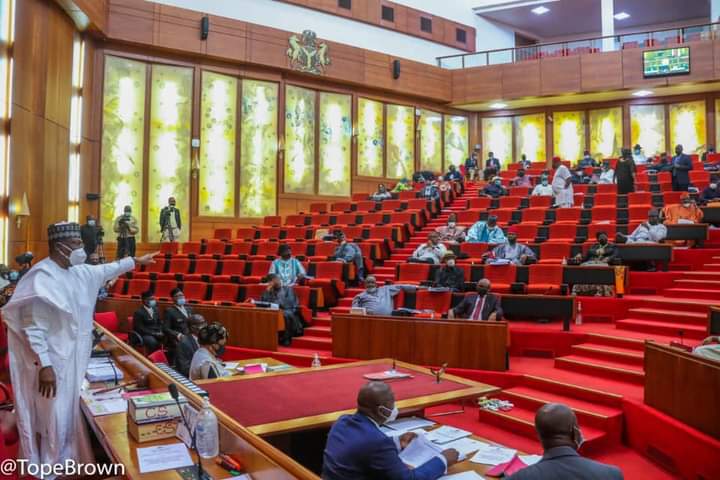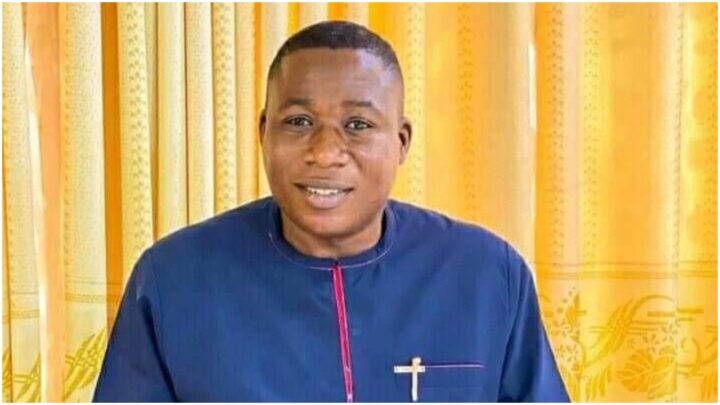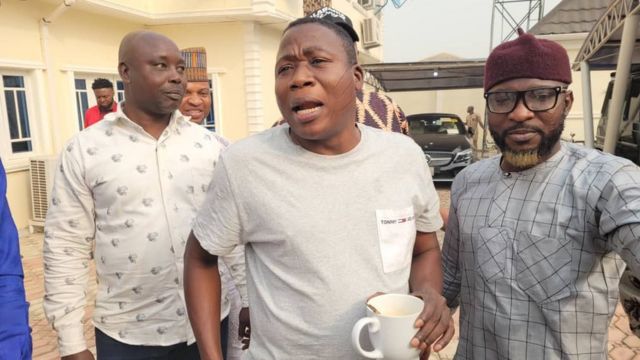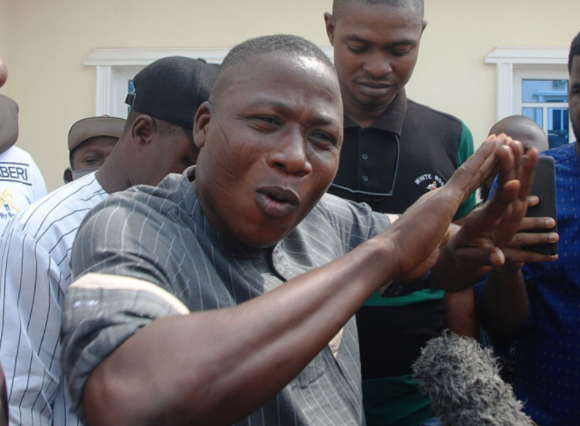Roughly defined, a superpower is a country which is able to exercise sustainable decisive power and influence across several spheres of life in the global arena as to make such a country indispensable to global interaction. For such a country to qualify for such consideration, its impact must transcend the region it belongs into the global arena where its power and influence is reckoned with and accepted as given.
Following the momentous events and developments of the past decades, there are now three major countries in the world which fit into this definition. These are the United States of America (USA), China and Russia which constitute the centres of global power competing to influence and impact the world in a number of ways.
China and Russia can be described as stand-alone superpowers as they do not have any satellite states in their orbit of power. The USA leads a constellation of allies among whom are Britain, France, Germany and Japan who had they not chosen to come under the leadership of America can qualify to be termed superpowers in their own right.
There are also a slew of significant emerging regional powerhouses like India, Brazil and Turkey who are making a valid claim to be considered as potential candidates for global power status in the not too distant future. But for now until they are able to gather enough momentum to transcend their regional arena of engagement of which they are presently powerful and influential players into the global sphere as with the first three, they still remain short of being tagged superpowers.
Advertisement
However from the trajectory these emerging countries are following currently, there will be precious little bets against their becoming global players in the medium term. China’s status as a global power is reflected by its phenomenal leapfrogging from a backwater in the second half of the last century, to becoming the second largest economy of the world after the United States of America within roughly the time span of three generations. As a result of this, China is now quite literarily the workshop of the world producing just about everything and flooding the world with every conceivable manufactured product.
China population of a billion plus and its possession of nuclear weaponry completes the picture of its status as a global power whose power projection in economic and military terms are unassailable. While China can be said to be an economic giant, it is however in a reality a political dwarf. The communist political system it practices is not attractive enough to be used as a model for political export. Most countries that will welcome China’s economic support and assistance will demure at adopting China’s communist political template. Not even Hong Kong one of its major cities which returned to Chinese control in 1999 after 157 years under British control has signified interest in adopting the Chinese communist political model.
For Russia even though it can hardly be termed a global economic power, nobody can however argue with the fact this country, the largest in the world spanning eleven time zones from its European end to its Asian reaches and at par militarily with the United States of America, is a global power. This fact was proven during the Syrian conflict convincingly such that at the end Russian backed President Bashir Assad triumphed over the American backed Syrian insurgent forces.
Advertisement
And of course the USA and its western allies together dominate overwhelmingly the rest of the world outside of China and Russia which by numbers is some 65 to 70 per cent of the world. So how can Nigeria, at present an agglomeration of disoriented and disjointed entities sharply at odds with one another hope to crash into this elite group of global power players and become one of them?
In the following order, I intend to show that our present circumstances notwithstanding, Nigeria is on an unstoppable trajectory to either upstage or join these countries in the global power stakes. I will also in this article show how this will play out in the economic, military, diplomatic and strategic spheres.
Per the economic side of things, I do not want to repeat the well-worn gobbledygook on economic theory and praxis or dwell on the abstract terms used by economic and financial journals and spokesmen which serve to conveniently obscure the real facts of our economic life.
Starting from the basics, our entire economic barometer which is measured on how our medium of exchange, the naira, comes up against the dollar is highly questionable and unjustifiable. First of all the dollar is not our currency and we have absolutely no say over how it is valued and deployed as an international currency of exchange. Yet every transaction we do from the basic levels at our local markets even for locally produced items, to our International trade is denominated in a currency we do not and have no way of determining its real as opposed to face value.
Advertisement
The dollar we are so addicted to like a drug and even use as measurement of our economic performance is not backed by gold reserves of America the issuing country as required by conventional economic practice. Since 1971 the dollar has been a floating currency meaning its value and status as a medium of exchange is not determined by the laws of economic exchange, but by the manipulation of the dark suited men of the American treasury department and enforced globally by the might of the American armed forces. Any country that attempts to remove its dollar reserves or tries to trade in other currencies is soon visited by the men from Langley and the Pentagon. The American gold reserves which should back and determine the real value of the dollar as an International currency have been removed from circulation and kept in well-guarded vaults in Fort Knox in the state of Kentucky. Instead of using the gold reserves of America to back up the dollar, the American treasury department since 1971 has been trading the currency on face value, transferring all the risks to the user while keeping and reaping the benefits accruing exclusively.
From this skewed trajectory our enormous economic value as a country and our ability to determine and plan our economic priorities based on our human and natural resources going forward is stymied. We are basing the value of our entire economic resources and economy policy on a medium of exchange whose value is the paper it is made of not its real economically determined value.
If we cannot determine the real quantum and value of our resources how then can we plan our economy and derive the benefits and value therein?
Advertisement
Views expressed by contributors are strictly personal and not of TheCable.
Add a comment







